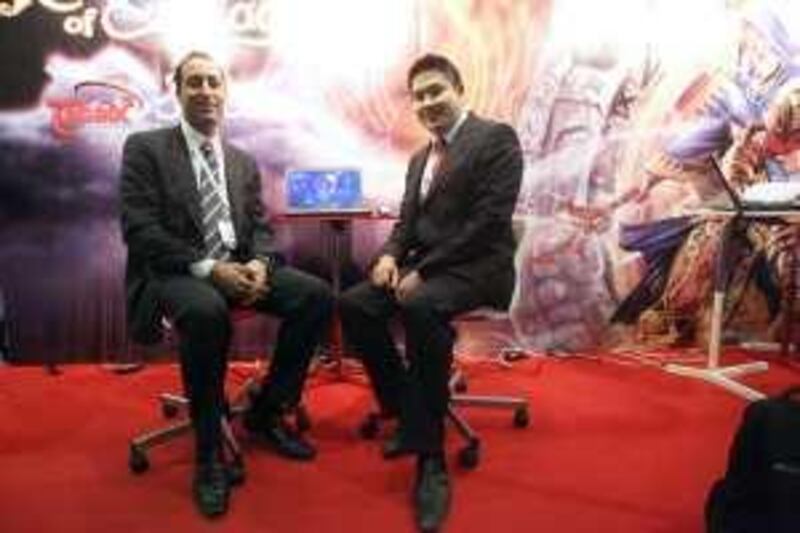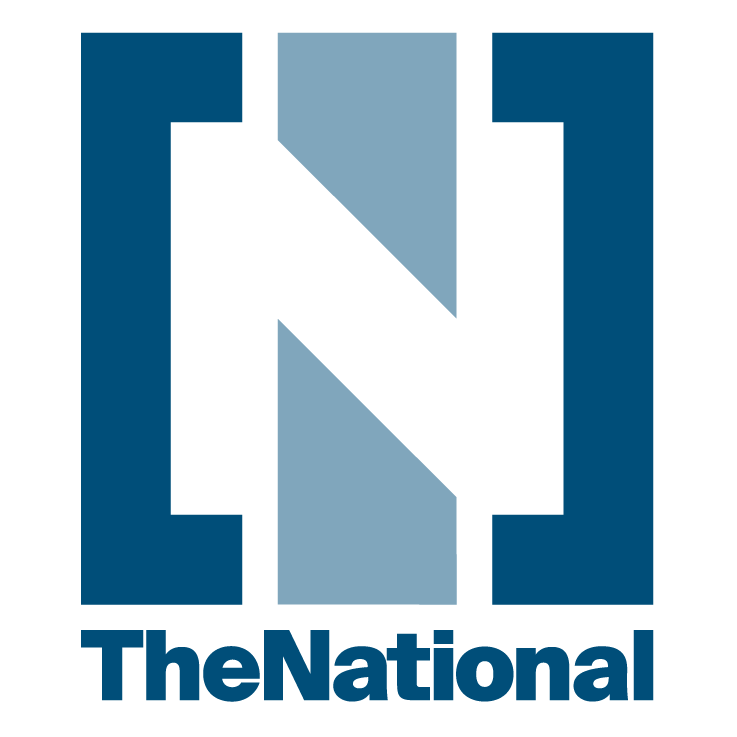About two years ago, the Maktoob chief executive Samih Toukan had a chance encounter with the online video game publisher Steve Tsao in a Shanghai airport terminal. Over the next 30 minutes and a couple of cups of coffee they had an enlightening chat, with Mr Toukan discussing opportunities in the Middle East online market and Mr Tsao outlining the online gaming business. "We just clicked," Mr Toukan recounted. "And now, here we are." Where they are is in a partnership called Tahadi Games, a venture operated by Mr Toukan's Jabbar Internet Group, a conglomerate of online properties created as a by-product of Yahoo's acquisition of the internet company Maktoob last year. "From an outsider's perspective, this is one of the vast, massive markets left that is untapped," Mr Tsao, now the chief executive of Tahadi Games, said of the Gulf region. "Everywhere else is very saturated." The global online gaming market may be worth US$13 billion (Dh47.74bn) by 2013. The mandate for Tahadi will be to develop online games for Middle East audiences. The lack of market penetration has left what Mr Toukan described as an open field in the Gulf. It is the first major announcement from Jabbar since its acquisition by Yahoo. "We see a great opportunity here," Mr Toukan said. "You're talking about one million online gamers [in the Middle East] without any Arabic games. When you start introducing [Arabic] games here, our projections say that we'll see tens of millions of gamers in the next few years." The company has already launched Ragnarok, a massive-multiplayer online role-playing game (MMORPG) customised for Middle-Eastern audiences. It has registered more than 50,000 users since its launch three months ago. The company will also be launching Runes of Magic, the second most popular game in the world, early next year. "The business models of these games has been successful," Mr Toukan said. "There's been a number of them released in Europe and Asia and they are profitable. From an investor's point of view, there's a lot of return in the next few years." Online gaming companies generally receive their revenues from monthly subscriptions, online advertising and in-game item purchases. Still, fans looking to play World of Warcraft, the most popular MMORPG in the world with more than 11.5 million registered users, in Arabic may be disappointed. Mr Tsao, an avid player, said the game's publisher, Blizzard Entertainment, had told him the return on investment from hiring an engineering team to modify the game did not make financial sense yet. Jabbar, which is co-owned and operated by Mr Toukan, includes a group of former Maktoob properties that were not part of the Yahoo deal and was founded with $20 million of funding from its shareholders. The question is whether lightning will strike twice for Mr Toukan, whose cachet in the regional technology sector has soared since the Yahoo deal was announced. "The model we're taking at Jabbar is that we're investing money, but it's not only money," he said. "These entrepreneurs need our experience in dealing with the Arab market. We learned a lot with Maktoob at how to deal with this market, governments and users in different countries." @Email:dgeorgecosh@thenational.ae
Chance encounter creates gaming firm
The Arab world will finally have its equivalent of World of Warcraft after Tahadi Games, a venture owned by Jabbar Internet Group.

More from the national




